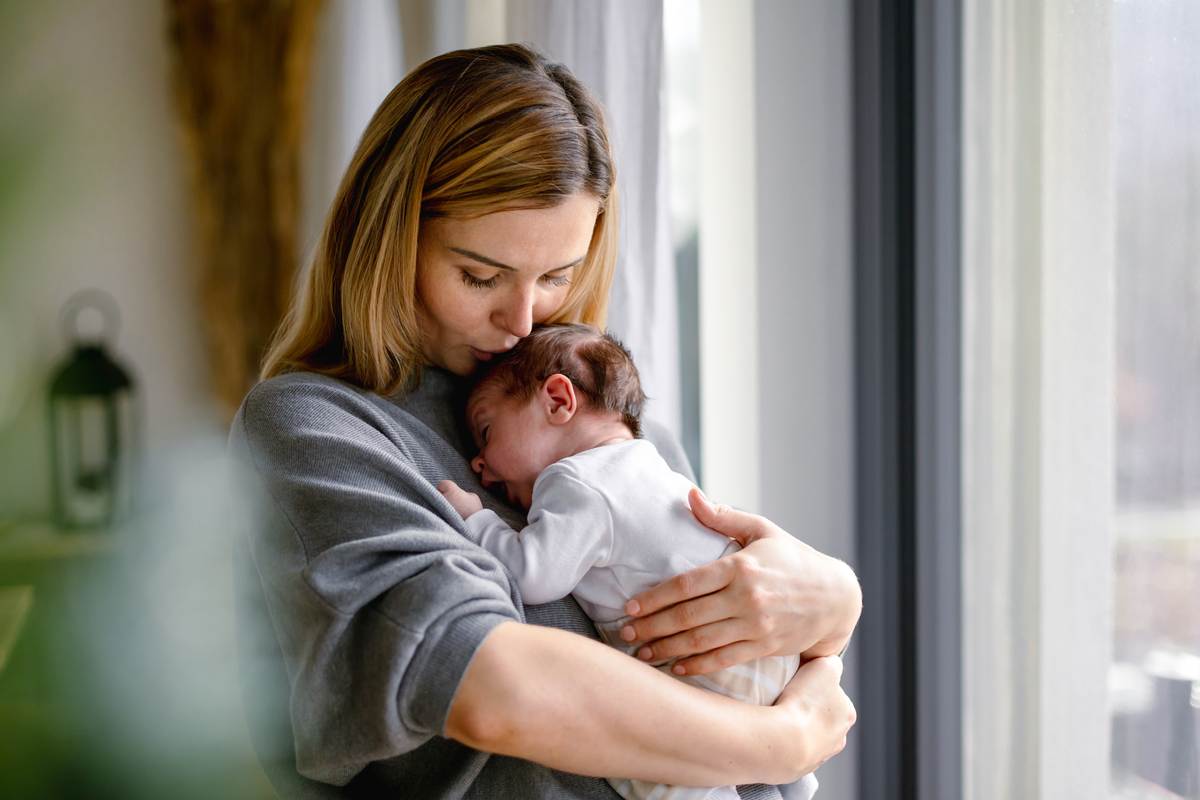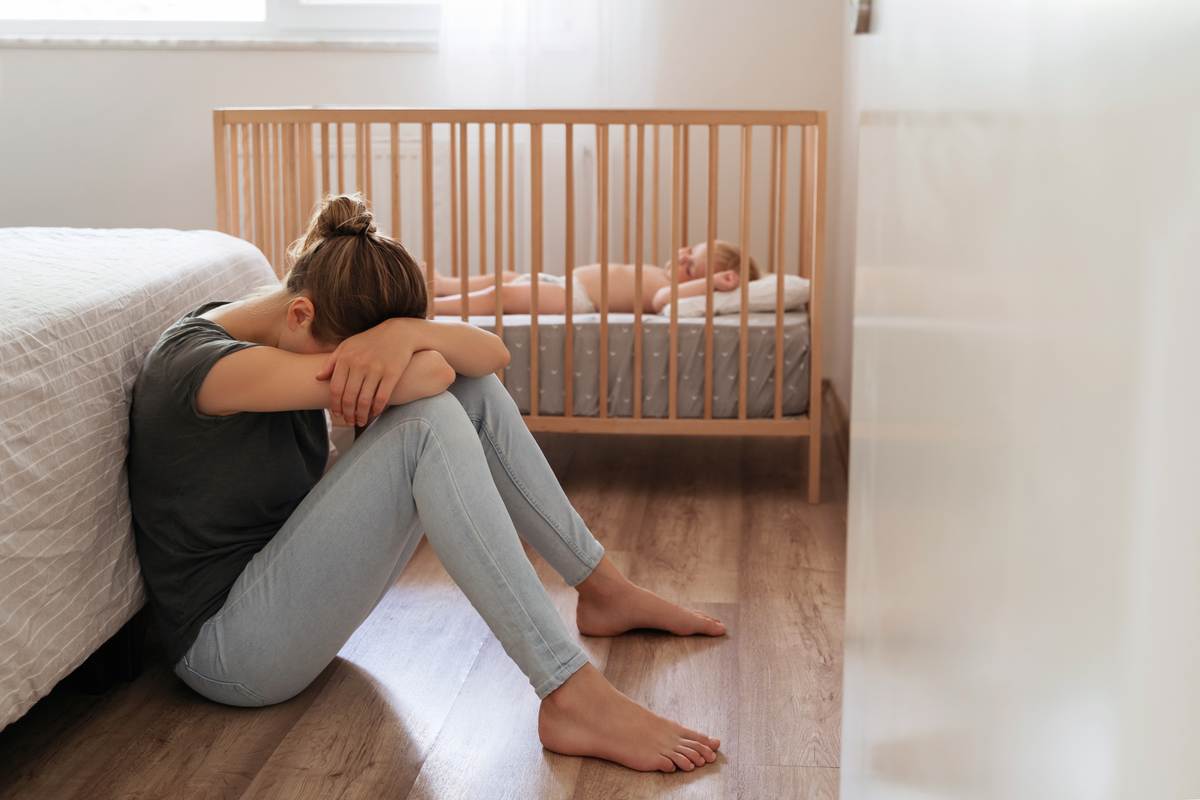Managing Postpartum Recovery: Tips for New Mums
Remember, to look after your new baby you must also be sure to look after yourself. Here is your essential guide to postpartum recovery.

The postpartum period is a time of immense change and adjustment for new mums. As your body recovers from childbirth, it's important to take care of yourself both physically and emotionally. Here are some tips to help you manage postpartum recovery with confidence and care.

Physical Recovery
Rest and Sleep
- Your body needs time to heal after childbirth. Rest as much as possible and try to sleep when your baby sleeps. Don’t hesitate to ask for help from family and friends.
Stay Hydrated
- Drink plenty of water, especially if you are breastfeeding. Staying hydrated is crucial for your recovery and milk production.
Eat a Balanced Diet
- Nourish your body with a balanced diet rich in fruits, vegetables, wholegrains, and lean proteins. Proper nutrition aids in healing and replenishing energy levels.
Gentle Exercise
- Start with gentle exercises like walking and pelvic floor exercises as soon as you feel ready. Consult your healthcare provider before beginning any postpartum exercise regimen.
Perineal Care
- If you had a vaginal birth, take care of your perineal area by keeping it clean and dry. Use warm water to rinse after using the toilet and change sanitary pads frequently.
Manage Pain and Discomfort
- Take pain relief medications as prescribed by your healthcare provider. Use ice packs for perineal swelling and warm compresses for abdominal cramps.

Emotional Well-Being
Acknowledge Your Emotions
- It’s normal to experience a range of emotions after childbirth, from joy and excitement to anxiety and sadness. Acknowledge your feelings and talk about them with someone you trust.
Seek Support
- Join a new mums’ group or connect with other mums online. Sharing experiences and tips can provide valuable support and reassurance.
Take Time for Yourself
- Make time for activities that you enjoy and that help you relax, even if it’s just a few minutes a day. Self-care is essential for your mental health.
Communicate with Your Partner
- Open communication with your partner about your feelings and needs can strengthen your relationship and provide mutual support during this challenging time.
Watch for Signs of Postpartum Depression
- Be aware of the signs of postpartum depression, such as persistent sadness, loss of interest in activities, and difficulty bonding with your baby. If you experience these symptoms, seek help from a healthcare professional. The NHS provides resources on postpartum depression.
And Remember…
Postpartum recovery is a journey that requires patience and self-compassion. By taking care of your physical and emotional health, seeking support, and prioritising self-care, you can navigate this period with confidence. Every new mum’s experience is unique, and it’s important to go at your own pace.

Article written by
Jodie Harthill
Being a parent is the greatest thing in the world. It can also be the hardest. I'm here to share my experience (with two fully grown children) and try and make it that bit easier for you.